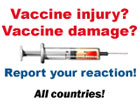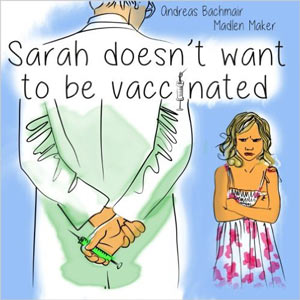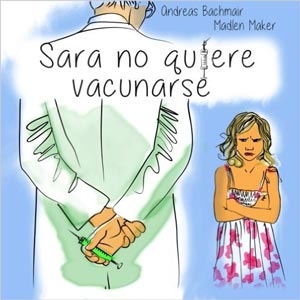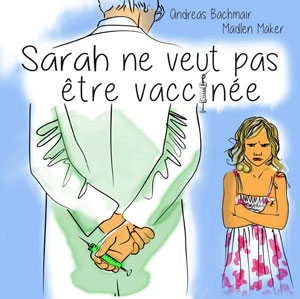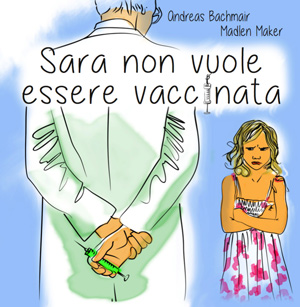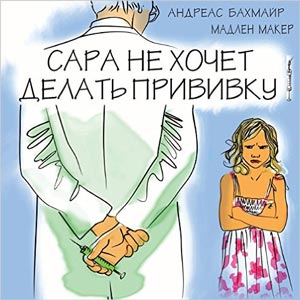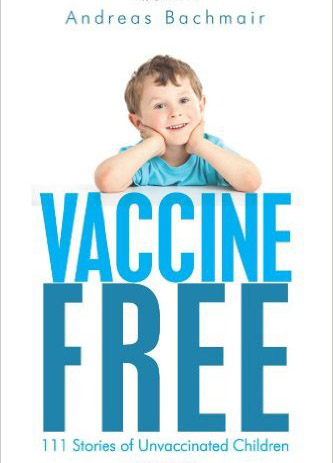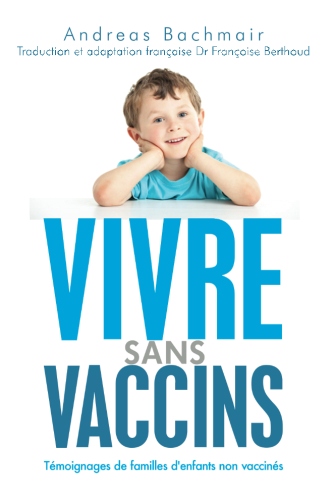Haemophilus influenza Type b (Hib)
General information
The number of cases in Germany is approx. 80 per year. Less than half of them can be assigned to capsule type B that is covered by the vaccination. The children who are affected are usually children who attend day care centers or kindergartens (ESPED 1998)
The disease usually occurs in the winter months. Children who live in cramped quarters with lots of family members in densely populated areas fall ill more often than other children. Children who were breast-fed have a smaller risk of contracting Hib.
Invasive infections, which Hib is, have increased enormously in the past 60 years. The peak of the disease is between the 6th and 11th month, which means during a time when the children have been administered the 2nd and 3rd vaccination. This is seen as normal but the following should be taken into consideration: after the vaccination age in Japan was raised from a few months to two years, the frequency curve of invasive disease in two to three year-olds went up dramatically (Scheibner V. Impfungen, Immunschwäche und plötzlicher Kindstod, Hirthammer 2000)
The number of cases of Hib has decreased in the past years after the vaccination was introduced, but in total bacterial meningitis has hardly decreased. Apparently there is a pathogenic shift. (MÜSCHENBORN, S. SÄUGLINGE UND KLEINKINDER MIT UNKLAREM FIEBER; PÄD HAUTNAH 2000, 1: 8 - 22)
A group of scientists at the Department of Medicine Georgia was able to determine that the number of Hib infections decreased but that Hif infections (i.e. Haemophilus influenza serotype f) had increased markedly. In 1989 only 1% of Hif were caused, in 1994 it was 17%. Furthermore, more adults were affected than children.(Urwin G, Krohn JA, Deaver-Robinson K, Wenger JD, Farley MM.Invasive disease due to Haemophilus influenzae serotype f: clinical and epidemiologic characteristics in the H. influenzae serotype b vaccine era. The Haemophilus influenzae Study Group.Clin Infect Dis 1996 Jun;22(6):1069-76)
After a haemophilus infection has been overcome (as for example haemophilus meningitis), no antibodies can be shown in babies, according to Prof. Dr. I. Mutz from Leoben (A). The question arises how a vaccination again Hib can effect immunity in babies
A current study on the effects of HiB vaccinations in Great Britain led to the following irritating results:
After the vaccination was introduced for children in the early 90s HiB disease in adults decreased; the reason given was that the number of children as the source of the infection had decreased. Since the late 90s the number of diseases in adults for HB has increased, whereby vaccination activity has remained the same. In 2003 the level reached was the same as before introduction. Furthermore it was shown that the population’s immunity to HiB – measured via antibody exams - has been decreasing continuously since this time. The cause seems to be that the vaccination has caused the bacteria to disappear so that the population no longer has any contact with HiB bacteria. Immunity of adults towards HiB has deteriorated since the introduction of mass vaccinations and the danger of adults contracting the infection has thus increased (MCVERNON, J. BMJ 2004, 329: 655-58).
For more information please refer to:


